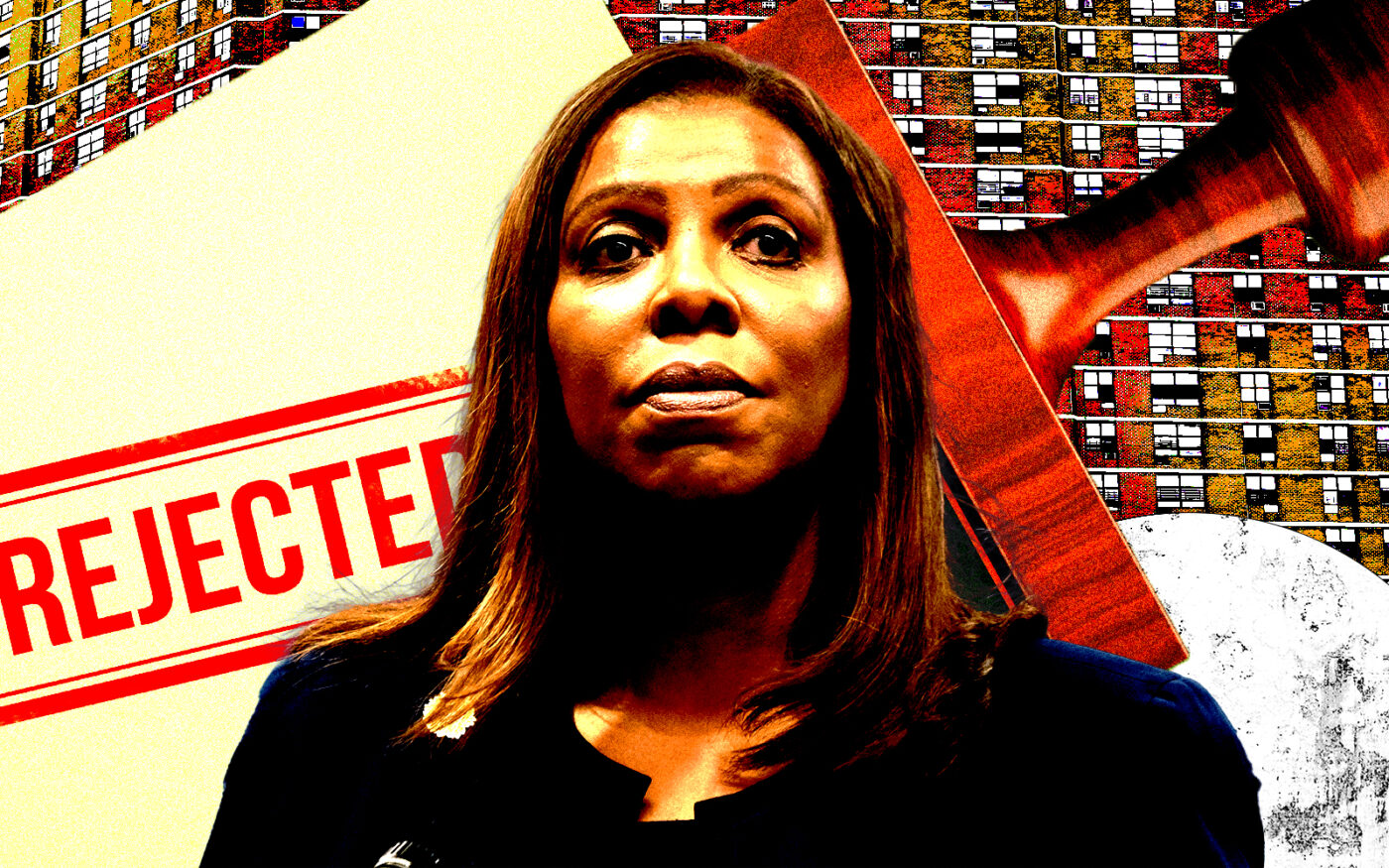New York City landlords often come under fire for refusing to rent to tenants with housing vouchers, but critics say the problem will persist as long as vouchers trigger problems for building owners. Insurance denials, for one.
Insurers in the state frequently ask building owners about voucher usage at their properties and sometimes reject coverage based on those answers, Gothamist reported. That forces landlords into more expensive policies.
To compensate, some forgo building repairs or pass on higher insurance costs to tenants. And some reject Section 8 and other housing voucher applicants altogether, which violates fair housing laws.
“Engage in discriminatory practice … and receive insurance coverage and lower premiums, or don’t engage in discriminatory conduct and be denied the insurance coverage,” National Fair Housing Alliance attorney Morgan Williams told the publication. “That’s the choice that the landlord would face.”
Insurance carriers are able to reject buildings that accept vouchers because no law explicitly forbids that. Of 70 property and liability application forms analyzed by Gothamist, 65 asked about voucher holders. Several even set explicit thresholds for the share of subsidized tenants they would allow before denying coverage.
The practice may be considered a proxy to discriminate against tenants who are protected by fair housing laws. Denial of coverage or demands for higher rates because of subsidized housing could, in theory, be illegal.
Such a case has not been brought in New York, but state Attorney General Letitia James is investigating claims of insurance denials to property owners who rent to voucher holders.
A report from the state’s Department of Financial Services and Division of Homes and Community Renewal found insurance premiums across 20,000 units of affordable and income-restricted housing increased by an average of 43 percent from 2019 to 2021. Those costs are often passed on to renters.
Insurance companies tend to have free rein on coverage decisions so long as they can provide a commercial rationale. In California and Florida, some insurers have pulled out altogether based on climate risks.
Read more



A spokesperson for the Insurance Information Institute, a trade group, acknowledged that carriers do ask owners about renting to tenants with housing subsidies, but said questions about tenant characteristics related to conditions of properties. She didn’t expand on that, but it is well known that some landlords consider voucher holders more likely to damage apartments.
— Holden Walter-Warner
